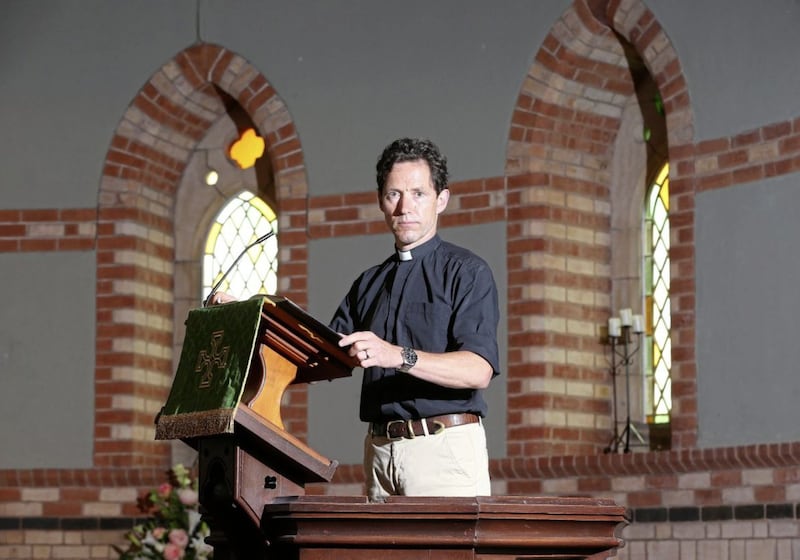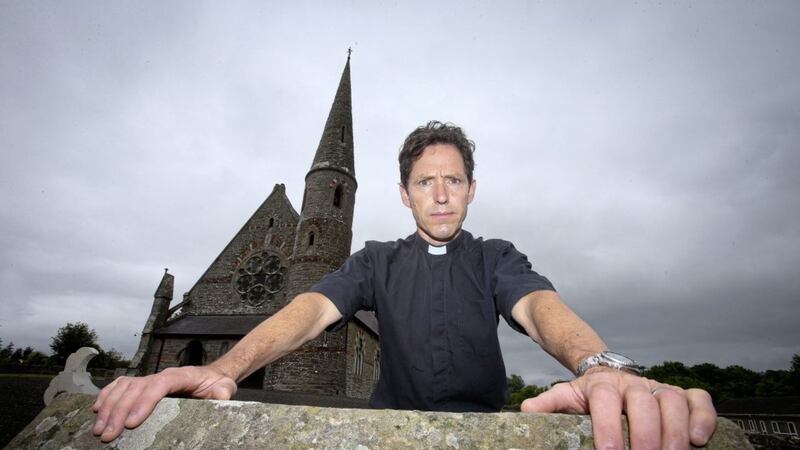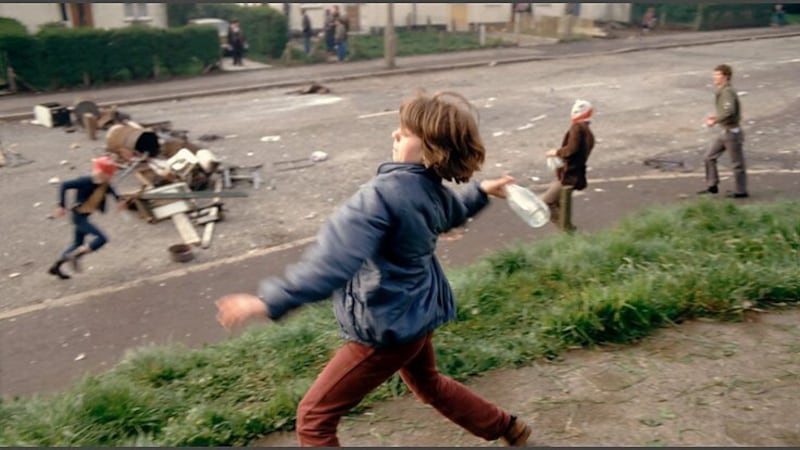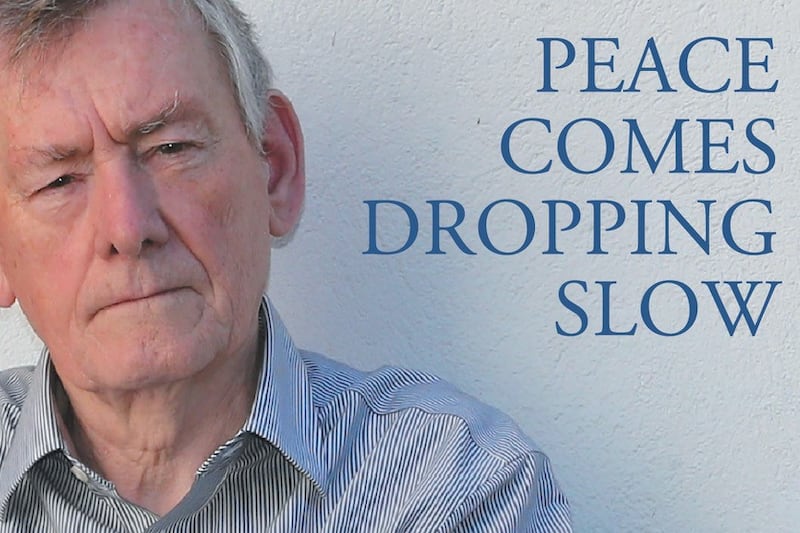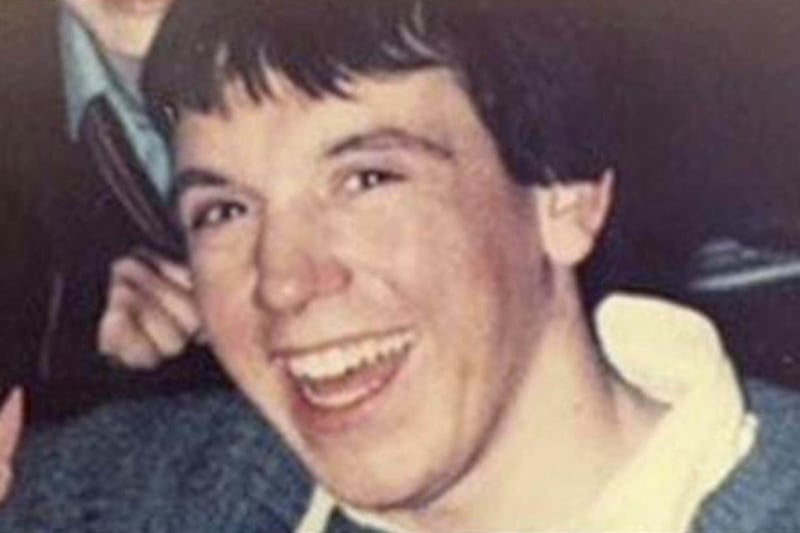A former British soldier turned Church of Ireland minister who survived three IRA bomb attacks during the Troubles has revealed how he struggled with thoughts of revenge and felt regret at not killing members of the IRA.
Rev Andrew Rawding served in the north for three years between 1991-1994.
During that time he soldiered in several republican hotspots including south Armagh and east Tyrone.
Having risen to the rank of Captain in the Royal Regiment of Fusiliers he later left military life to become a minister of the church.
He returned to Coalisland in 2011 to take up the role of Church of Ireland minister serving three local parishes.
The 51-year-old last week revealed he intends to leave his post over the church's attitude to LGBT issues.
Read More
- Rev Andrew Rawding believes church authorities will never accept him
- Former soldier turned church minister returned to republican town he patrolled during Troubles
The former soldier reveals how he came close to death on three separate occasions while serving in the north.
In November 1991 he escaped injury when a coffee jar bomb was thrown at his patrol near the Derrybeg estate in Newry.
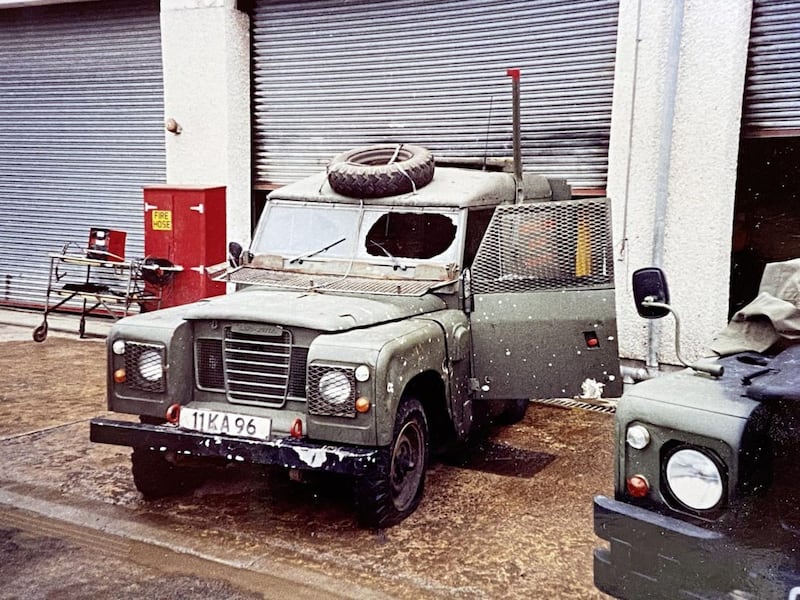
Just weeks later, in January 1992, he had another close shave when a mark 12 mortar was launched at the Land Rover he was travelling in near St Paul's Church in Lurgan.
"And the only reason I am alive....is because the missile hit a concrete post before it hit the Land Rover," he said.
"And it killed the engine and I should be dead, all of us in the Land Rover should be dead, it's a miracle I'm alive."
He explained that while serving in the north he never fired any shots because the methods republicans, and in particular the IRA, were using ensured "there was never an opportunity to engage".
However, in the immediate aftermath the Lurgan mortar attack he admits he was ready for action.
"I remember, our weapons wouldn't even have been cocked, there wouldn't even have been a round in the chamber," he said.
"And I do remember cocking my weapon at that point and I can't remember if I took off the safety catch and I'll tell you now, I was looking for a target.
"Of course there was no-one there because it was all done from the end of a command wire."
A short time later, in May 1992, he once again became a target when the IRA detonated a huge bomb at a British army checkpoint at Cloghoge near Newry.
That attack claimed the life of his colleague, fusilier Andrew Grundy.
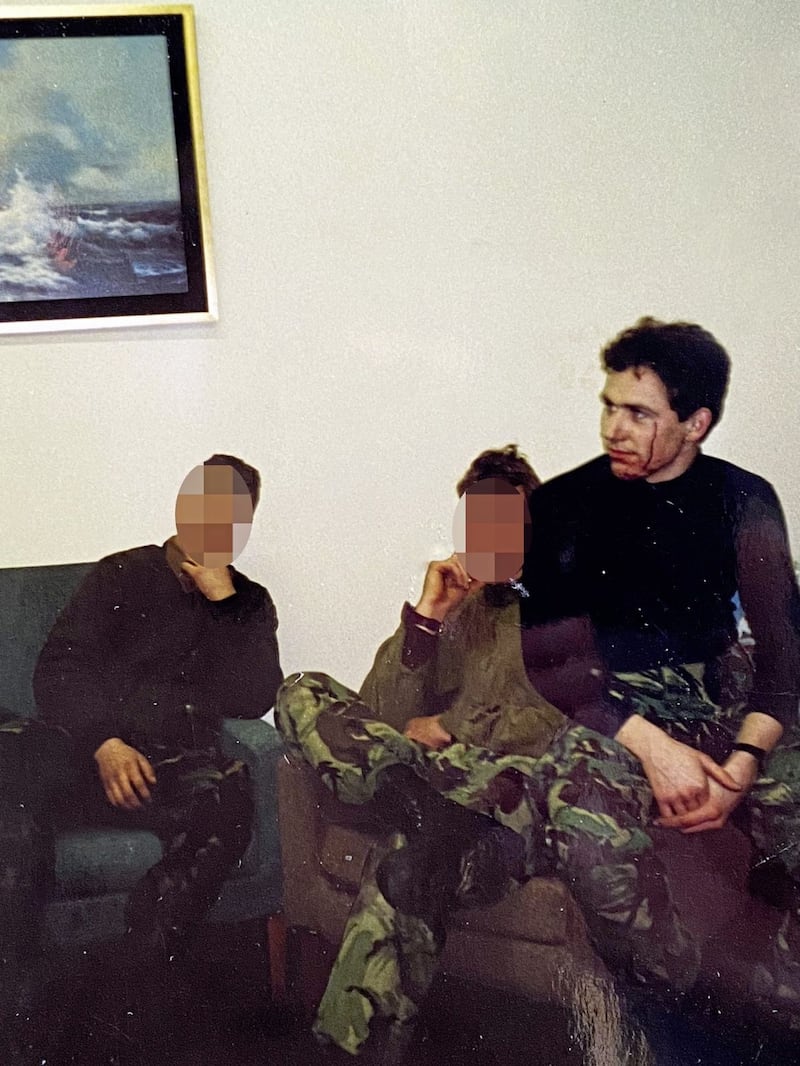
Rev Rawding explained how he had spoken to fusilier Grundy and another soldier, Michael Beswick, in a command sanger just hours before the explosion.
"And sadly just after two o'clock I found myself trapped under the rubble of my room, which had collapsed on me and I managed to escape from that and get out. Then I was a young officer in that environment and I had to take control of the situation and very, very sadly Andrew Grundy was killed."
Fusilier Beswick was also killed a year later by an IRA bomb in Armagh.
He reveals that after the deaths of his colleagues he struggled with thoughts of revenge and applied to join the 14th Intelligence Company - a British army special forces unit - which carried out undercover operations against republicans.
"The truth is actually I did try for special forces because of what I had experienced, particularly the death of my friends, I was looking for revenge," he said.
He added that when he failed special forces selection he decided "to chose a different weapon if I was to re-engage in Northern Ireland".
"That was really part of the turning point, to think about peace and reconciliation and think about creating peace or countering violence, not through more violence but through compassion and kindness and empathy," he said.
"That was a turning point for me were I thought 'Andrew, you've got to use different weapons'.
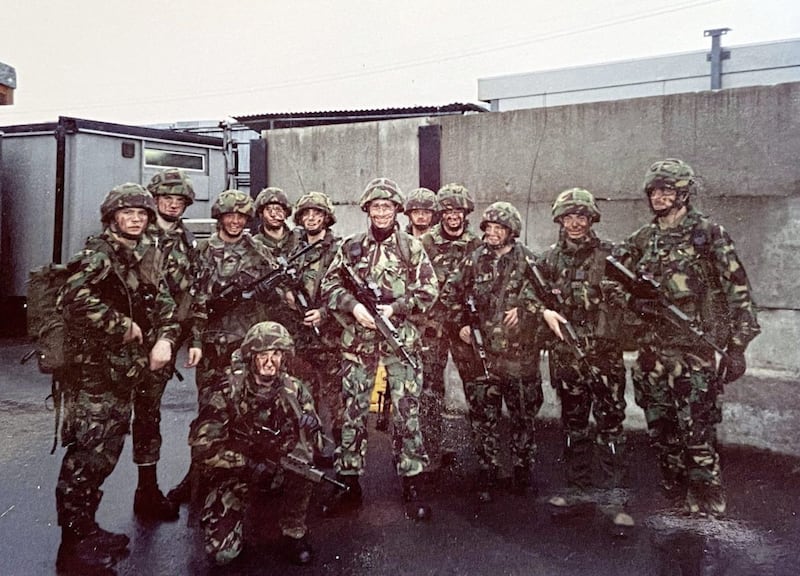
"Revenge is going to achieve nothing."
The former officer said that for years "the foremost emotion would have been rage".
"I think that is because when you are on the receiving end of extreme violence I suppose you can go two ways, you can go into your shell and it can destroy you that way or you can...respond to this in a proactive way but of course the emotions are so raw and so strong that what emerges is rage."
In a frank admission the Church of Ireland minister says he regretted not having killed members of the IRA while a serving soldier.
"And I think I said before my biggest regret was that I had never killed anybody, which sounds terrible," he said.
"But I think that was my experience for years and it wasn't until I went across to America actually and spent some time with Vietnam veterans and priests actually, who had been in Vietnam and then had been ordained, that I was able to talk about this stuff amongst people that completely understood it."
"It really helped me on my journey."
He said that he also wrestled with his own grief over the loss of his friends.
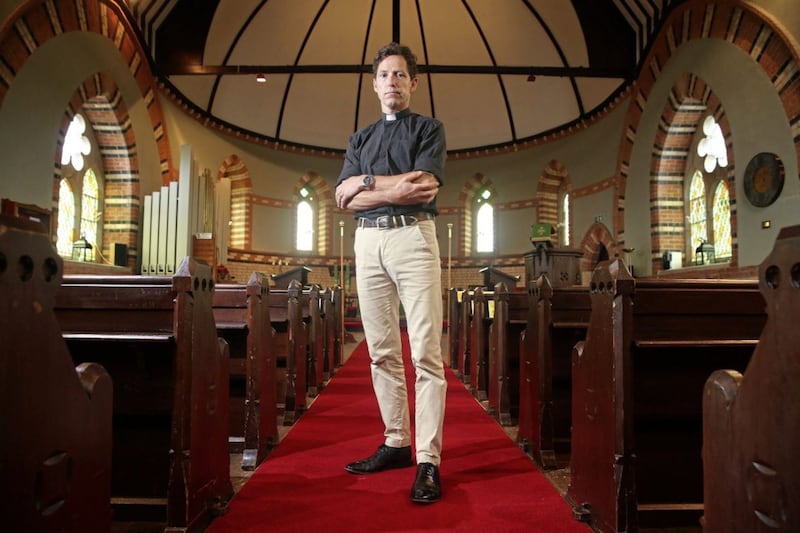
"It took at least 10 years for that grief from the loss of Andrew Grundy and even the grief for the loss of my own soul really to emerge and that was an ongoing process, which has taken me decades," he said.
He revealed that as part of his journey to explore other perspectives he revisited Newry and south Armagh and met former Sinn Féin councillor Pat McGinn.
He admits that from his days of being a British soldier in Newry he knew Mr McGinn's car, address, and photo montage.
"I spent some time with him and I think the really significant moment was when he took me to the graveyard in Camlough to the grave of his best friend, and his best friend was Raymond McCreesh," he said.
"And we stood there and I looked up and I saw the watchtower on Camlough Mountain and suddenly I was in the shoes of Raymond's mother and thinking from her point of view 'this is horrendous'."
In the intervening years he has continued to meet people who had been victims of the British army.
"I listened to their stories and I think (it) touched with the compassion that I have always had that had perhaps become hidden because of my experiences in the army," he said.
